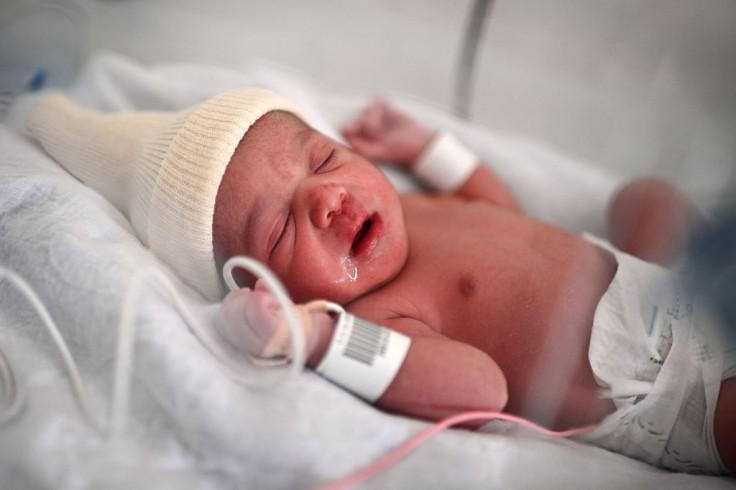
Jenna Lowell, 29, considered adopting a baby with her husband, Jon Lowell, after they were told of their fertility issues, but the couple learned that an embryo adoption might be even better because it would allow Jenna to carry a pregnancy to term.
The Lowells, who married in 2015, waited for some time to start a family so they could enjoy their time as a couple after a whirlwind dating app romance. When they were finally ready to have kids, Jenna and Jon learned that she would never be able to bear their biological children.
Speaking exclusively with Daily Mail, Jenna said that she could not conceive a child due to her body's inability to produce eggs. Her husband has problems with his fertility viability as well.
When Jon learned about embryo adoption, the couple was looking into adopting a baby. It was the first time Jenna had heard of it.
What is embryo adoption?
Embryo adoption is an entirely legal process allowing the adoptive parents to carry their genetically unrelated child to term. It involves the biological parents turning over their parental rights and responsibilities to the adoptive parents, who will acquire the donor embryo.
This means that Jenna, who was told she could never be pregnant, could experience carrying a child in her womb and giving birth to a non-biological baby to raise as her own.
According to Considering Adoption, the process of embryo adoption is also similar to adopting a baby. Donor parents, who willingly give up their excess embryos for other parents, will still be matched with the adoptive parents. The most striking difference is that embryo adoption will give moms the pregnancy experience.
In Jenna and Jon's case, they signed up with an agency that matched them with the donor parents in a matter of weeks. After the match, Jenna had to undergo an embryo transfer and prayed that the pregnancy would take.
By December 2019, she gave birth to her first child with Jon and named him Colton. She said the pregnancy experience was surreal but something she had wanted for so long.
After Colton's birth, Jenna and Jon decided to have another miracle baby and underwent the same process of adopting another embryo. In 2021, Jenna gave birth to her second son, Cayden.
Embryo adoption encouraged in some religious sects
According to the New York Times, there are some religious organizations that encourage embryo adoption, instead of IVF procedures, for parents struggling to have kids. Dr. Paul Lim, a Christian, called this a "rescue operation" as he believes life begins at the embryo stage. If these embryos are wasted, then the babies essentially "die."
An embryo transfer to the adoptive mother's womb is also less expensive than both IVF and infant adoption. However, most embryo adoption agencies in the U.S. are affiliated with religious groups; thus, single mothers and LGBT couples might have a harder time availing this option.
Meanwhile, some medical community members said calling the process an "adoption" humanizes and gives the embryo personhood, which may interfere with other services provided by fertility clinics. Embryo programs are also very competitive among the applicants, and the donor parents have a clear say on who should be the perfect candidate for their embryos.
Related Article: Adoption Scam: California Couple Rushes to Birth Mom in Labor But Was Heartbroken Over Fake Pregnancy